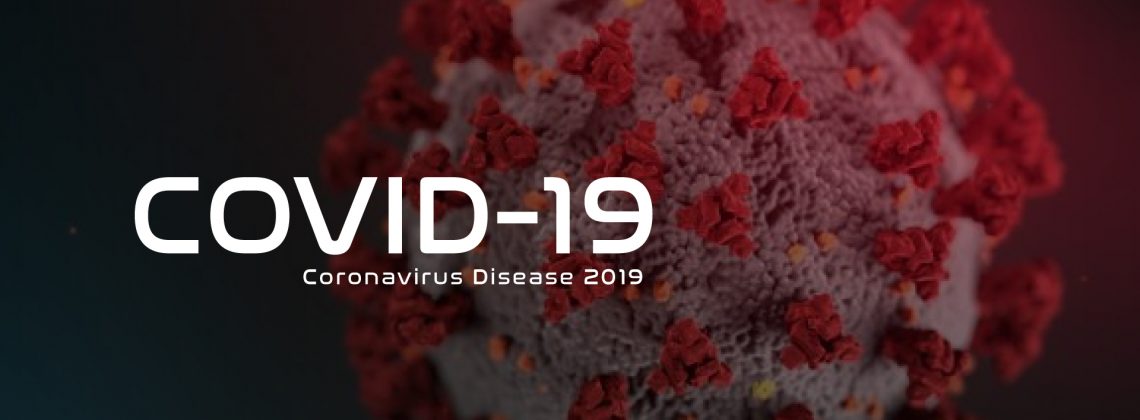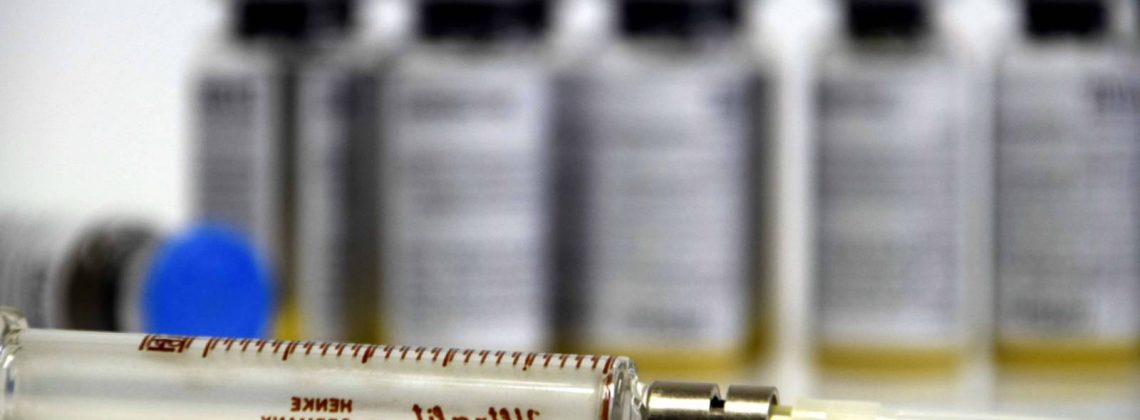For the first time in North America, scientists have performed a gene-editing surgery to permanently alter a man’s DNA in an attempt to cure a currently untreatable disease. Brian Madeux, 44, of Oakland, CA has a very rare disease known as Hunter syndrome. This disease is an inherited genetic disorder caused by a missing or malfunctioning enzyme. Without certain enzymes, the body struggles to break down complex molecules, and the buildup of these molecules can eventually cause permanent damage to appearance, mental development, and organ function.

Through an IV tube, Brain received billions of copies of a corrective gene, and a genetic tool to cut his DNA in a specific spot. Once the DNA has been cut, the new genes slip into place and direct cells to start making the enzyme lacked by the patient. This type of editing is called “zinc finger nucleases.” “We cut your DNA, open it up, insert a gene, stitch it back up. Invisible mending. It becomes part of your DNA and is there for the rest of your life,” explains Dr. Sandy Macrae, the president of Sangamo Therapeutics. Sandy’s company is testing this method for the treatment of hemophilia and two other metabolic diseases.
This method of disease treatment is far from perfect; it is possible that the virus carrying the new genes into the body could trigger an immune system attack. The insertion of new genes could also have a negative effect on existing ones. Methods currently being tested in the US have built-in genetic safeguards that prevent these gene changes from being passed on to future generations.
For the full article, click here.


